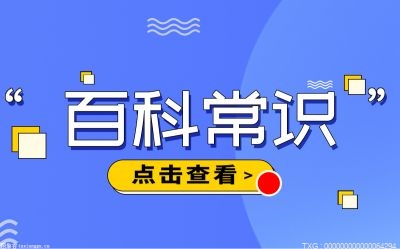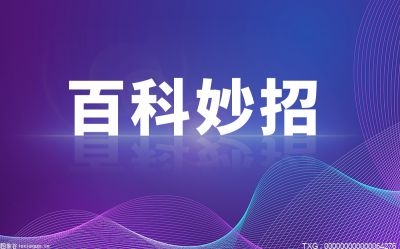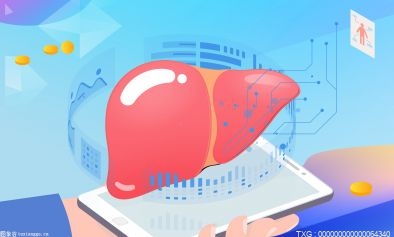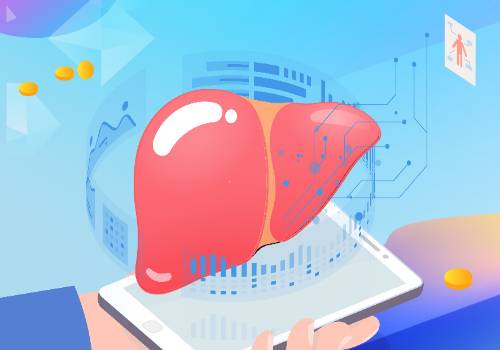Source: Visual China
BEIJING, June 21 (TiPost) – The existing new energy vehicle (NEV) purchase tax exemption or reduction policy will be extended for additional four years, announced the Ministry of Finance, the State Taxation Administration and the Ministry of Industry and Information Technology (MIIT) of China on Wednesday.
New energy passenger vehicles will continue to enjoy exemption from purchase tax from 2024 through the end of 2025. From 2026 until the end of 2027, these vehicles will be subject to a 50% reduction in purchase tax, with a tax rate of 5%.
 【资料图】
【资料图】
The new energy vehicle purchase tax exemption policy was initially introduced in 2014 and has been extended three times since then. Its primary objectives are to maintain stable market expectations, enhance the consumption environment, and further boost the adoption rate of new energy vehicles.
Xu Hongcai, a deputy finance minister, revealed that by the end of 2022, the cumulative value of purchase tax exemptions had surpassed 200 billion yuan. It is anticipated that the tax exemption amount will exceed 115 billion yuan by the end of 2023.
The extension of this policy for four years will help stabilize both enterprise and market expectations and provide continued support for the new energy vehicle industry while solidifying and expanding the advantages of such vehicles. Xu revealed that the total purchase tax exemption for new energy vehicles is projected to reach 520 billion yuan during the period from 2024 to 2027.
According to the China Automotive Strategy and Policy Research Center (CASPRC), the policy extension will enable car companies to accurately assess and adjust their strategic layout and product planning. This is particularly crucial considering the typical research and development cycle of new energy vehicles, which usually spans no less than two years.
The new energy vehicle purchase tax exemption policy also specifies a transition period that shifts from full exemption to a reduced levy, eventually returning to the normal tax rate. This approach aims to prevent sudden policy exit, which could otherwise result in significant market fluctuations.
In the past, the purchase tax exemption for new energy vehicles was a policy for nearly all NEV vehicles. However, the new policy has introduced adjustments to the tax exemption limit, setting different criteria based on the purchase date for new energy passenger cars.
Xu clarified that vehicles with a tax-excluded price of 300,000 yuan or below remain unaffected by the restriction on luxury cars and can continue to enjoy the tax exemption. However, vehicles with a tax-excluded price exceeding 300,000 yuan will only qualify for the tax exemption for the portion of up to 300,000 yuan. Any amount exceeding that 300,000 yuan ceiling will be subject to the tax rate for vehicle purchases.
The purpose for setting this limit is to ensure the fairness of the policy and prevent high-end luxury vehicles from taking advantage of the perferential tax treatment. The government aims to use its resources to promote mass consumption.
According to the estimation of the Ministry of Finance, new energy passenger vehicles priced at 300,000 yuan or less (excluding tax) made up approximately 87 percent of the total production in 2022. Xu stated that the introduction of the purchase tax exemption upper limit will not have a substantial impact on most consumers and the market.
The policy does not totally disqualify premium luxury vehicles in the new energy segment from tax breaks, acknowledging that they often take the lead in technological sophistication. By maintaining the tax break, the aim is to promote and incentivize continued technological innovation.
In addition, battery-exchange passenger car models enjoy additional benefits, and the tax price is based on the sale price excluding the battery part. It’s also important to note that the tax deduction ceiling solely applies to passenger cars, and commercial vehicles face no such restrictions.
According to Xu, the tax policy is designed to promote not just quantitative expansion but also qualitative improvement. The MIIT will optimize the tax exemption requirements in alignment with technological progress and model development. This approach aims to encourage enterprises to accelerate research and development efforts and pursue upgrades in their respective fields.
关键词:
相关的文章>>
热门搜索:
资讯
更多图说健康
更多
疏风解毒胶囊的作用与功效是什么?疏风解毒胶囊可以起到解毒利咽...

艾叶的功效与作用有哪些?1、散寒止痛艾叶为菊科蒿属植物艾的叶...

治疗白发的偏方有哪些?1 桑白皮30克,五倍子15克,青葙子60...

紫癜性肾炎是什么病?所谓的紫癜性肾炎,就是由于患者对于某些东...

维生素ad是什么?维生素AD是指维生素A和D的混合制剂,是两种脂溶...

乙肝小三阳严重吗?乙肝小三阳有些比较严重,也有些不太严重的,...
常见疾病
更多体育健身
更多
渔业经济可持续发展应建立在渔业经济增长与生态环境、社会环境...

自动驾驶理想化回归现实,技术高管加速流失6月20日,据媒体报道...

记者21日从北京市朝阳区获悉:日前该区发布了《促进文化产业高...

广东省消防救援总队总队长、消防标委会主任委员张明灿指出,下...

牛肉热量高。100克牛肉的热量大概是125千卡,100克的鱼大概有100千卡的

2023端午“村超”赛程预告(6月22日-24日)赛事&节目预告时间球...